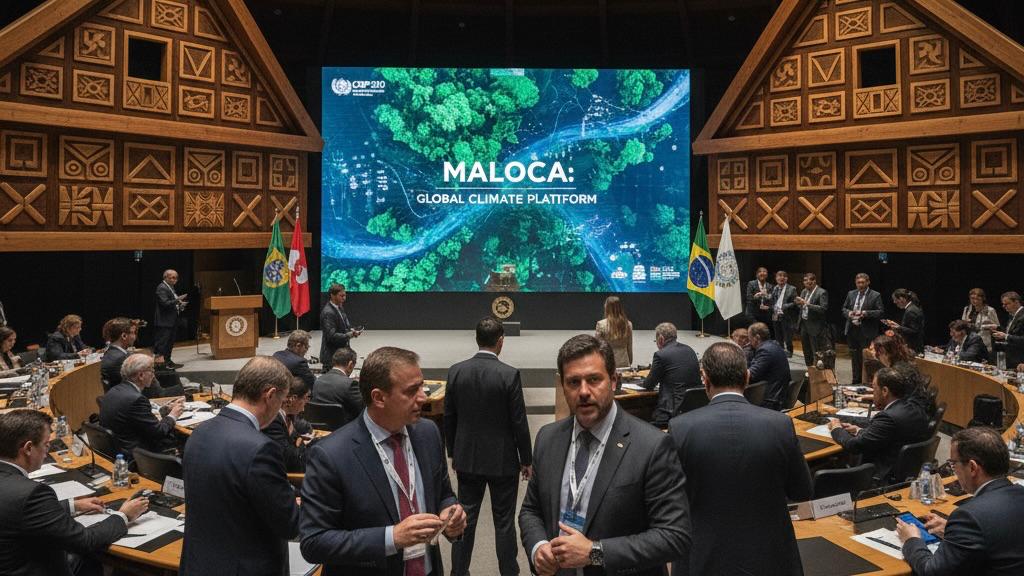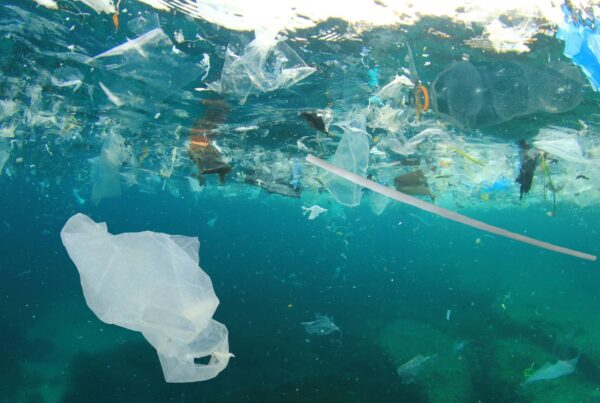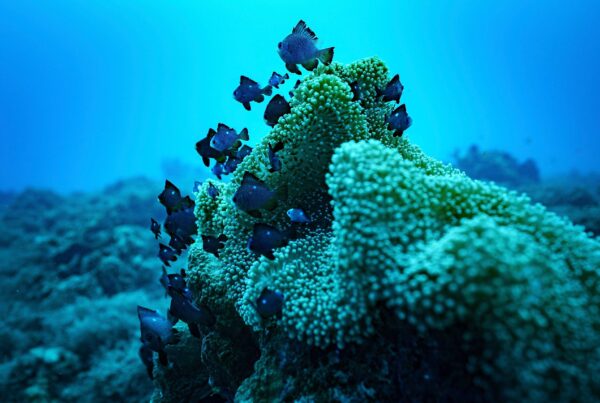The COP30 Presidency of Brazil officially announced the launch of Maloca, a global virtual platform designed to expand public participation in climate change issues. This initiative marks a major step in making UN climate conferences more inclusive, transparent, and connected to the concerns of broader society. COP30 President, Ambassador André Corrêa do Lago, emphasized that Maloca will serve as a gateway for people worldwide to engage in climate negotiations that have traditionally been reserved for governments and official organizations.
This move is viewed as an important innovation in global environmental diplomacy. By leveraging digital technology, COP30 is opening an interactive space where students, academics, activists, local communities, and ordinary citizens can join discussions and share their perspectives. Maloca is expected to become not only a symbol of openness but also a tangible tool to strengthen the legitimacy of climate decisions that will emerge in Belém in November 2025.
A New Direction for COP30 Brazil
As host nation, Brazil seeks to demonstrate a new leadership role in climate diplomacy. The conference, scheduled to take place in Belém from November 10–21, 2025, is projected to be a critical moment for accelerating the implementation of the Paris Agreement. Maloca is positioned as a complementary instrument and a symbol of the transparent negotiation process.
In addition, the launch of Maloca is part of Brazil’s communication strategy to build its image as a driving force for global collaboration. By deploying technology, Brazil intends to show that climate discussions are not only the business of political elites and diplomats but also a collective responsibility of humanity.
Transforming the Negotiation Process
Observers believe Maloca could transform the dynamics of international climate negotiations. UN conferences have long been criticized as exclusive gatherings with limited access. Maloca is expected to bridge that gap. Citizens from developing countries who cannot attend in person will now be able to access the forum and voice their opinions.
In practice, public input will not automatically turn into formal decisions. Still, analysts note that the mechanism could exert moral pressure on delegates to pay closer attention to global citizens’ concerns. An academic from the University of São Paulo described Maloca as “the first digital climate democratization tool in COP history.”
Implementation Challenges
Despite positive reception, Maloca faces several challenges. One key issue is the digital divide. Not all communities have stable internet access, especially those in remote areas that are most vulnerable to climate change. Content moderation is another concern. A global platform is inherently exposed to risks such as spam, disinformation, or hate speech.
Brazilian authorities say they are preparing verification and participation controls to keep discussions productive. “We will involve civil society organizations in moderation to ensure inclusivity and constructive dialogue,” Corrêa do Lago said in his official statement.
Toward Inclusive Public Participation
Maloca is more than a tech initiative; it is a deliberate effort to create dialogue spaces for marginalized voices. Indigenous peoples, coastal communities, and the younger generation are identified as groups that stand to benefit directly from the initiative.
Conceptually, Maloca borrows its name from traditional communal houses of Amazonian Indigenous peoples. The choice symbolizes openness and togetherness, which aligns with the location of COP30 in Belém, a city at the heart of the Amazon.
International Reactions
The United Nations, through UNFCCC, welcomed Brazil’s initiative. The UNFCCC Executive Secretary described Maloca as “a historic breakthrough in strengthening global public participation.” Meanwhile, international environmental groups such as Greenpeace see this as an opportunity to close the gap between political elites and civil society.
Not all observers, however, are optimistic. Some experts argue that digital platforms often remain symbolic. Without clear mechanisms for integrating contributions into official negotiations, public input may stay limited to online opinions with little real impact.
Potential Impact
If properly implemented, Maloca could reinforce the legitimacy of COP30. Decisions made at the conference would be more widely accepted because the process would be perceived as open. At the same time, global trust in climate diplomacy—which has long been viewed as elitist—could be restored.
Synergy with Brazil’s Climate Programs
The launch of Maloca is not Brazil’s only move ahead of COP30. The government has also initiated a national program targeting 100 high-impact climate actions in cities. This program is supported by C40 Cities and the Global Covenant of Mayors, with a focus on mitigation and adaptation measures.
In parallel, UNESCO announced a global initiative on climate information integrity. The organization has provided funding to groups combating climate disinformation, an increasingly critical issue as COP30 approaches. Combined, these initiatives highlight Brazil’s ambition to make COP30 a turning point for progressive climate diplomacy.
Obstacles Ahead
Despite its ambition, Brazil still faces hurdles. Domestic political tensions, pressure from extractive industries, and limited funding could slow implementation. However, the Brazilian government is eager to assure the world that its commitments go beyond rhetoric.
“COP30 will prove that Brazil is not just a host, but also a driver of global solutions,” Corrêa do Lago stated at a preparatory forum in Brasília.
COP30 Brazil, with the innovation of Maloca, brings new hope for transparency and public involvement in climate diplomacy. The platform’s effectiveness, however, will depend heavily on the quality of implementation, political commitment, and the integration of public voices into official negotiations. The world now waits to see whether Maloca will truly become a symbol of digital climate democratization or remain a diplomatic gesture. To follow further developments, readers can explore related stories on Olam News about COP30 and global climate diplomacy.






